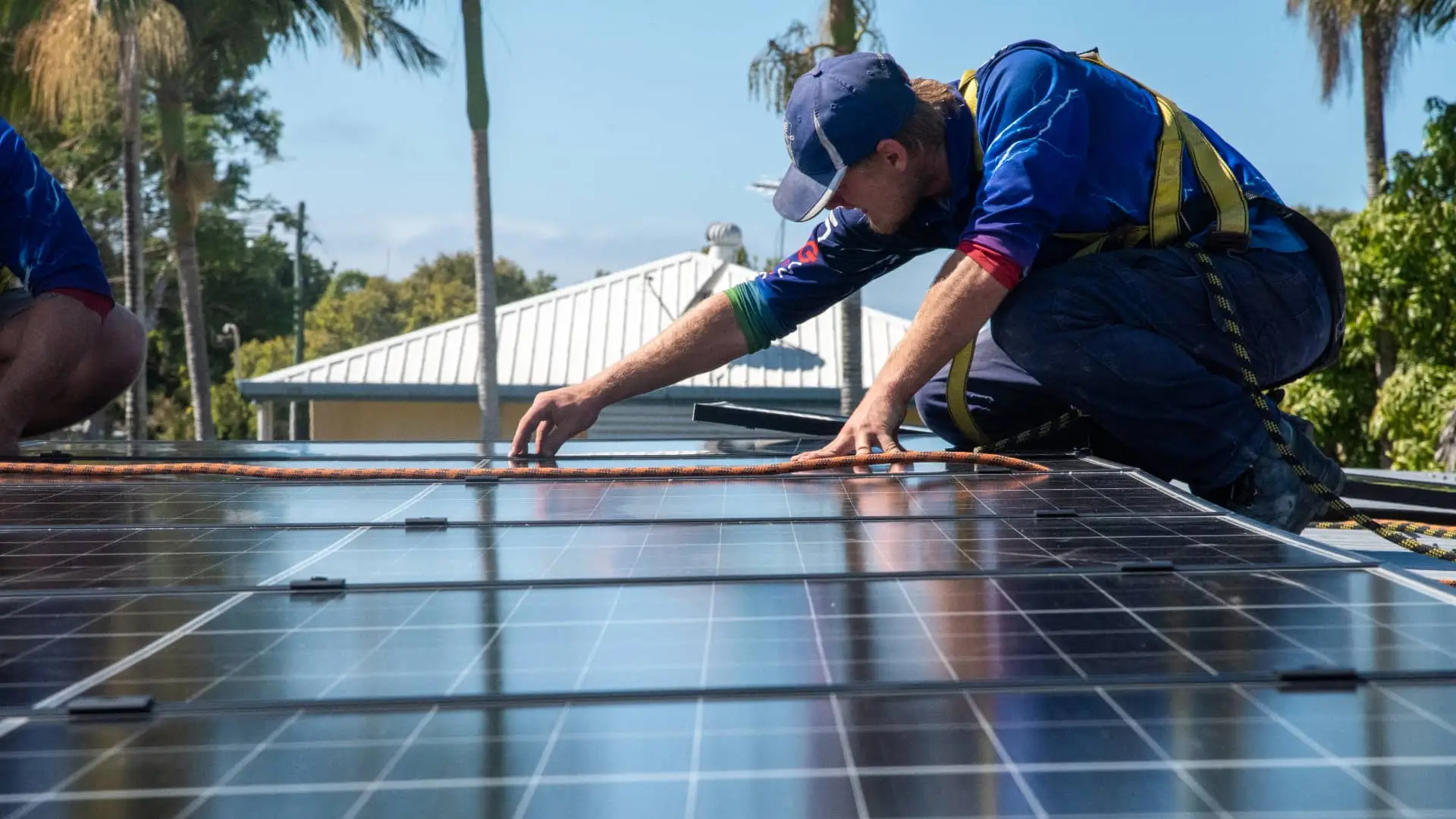What are the main reasons for switching to solar power? There are lots of reasons, but for most people, the environment is close to the top of the list.
In this survey, for example, 87% of people said the environment was a key reason behind their decision to adopt solar power.
This is with good reason. Solar panels are a much cleaner source of energy than traditional fossil fuels like coal and oil. They produce renewable energy, don’t release harmful emissions, and allow us to be more self-sustaining.
But there’s a big unanswered question here — what happens when your solar panels reach the end of their life? How do we make sure they don’t end up contaminating the earth with the chemicals inside them, undoing all the good they did in their lifetime?
In this post, we’ll dig into that. We’ll look at how solar panels are recycled, and what you personally can do to ensure your panels end their life in the most environmentally-friendly way.
Why Is It Important to Recycle Solar Panels Properly?
In 2016, there was 900 tons of solar waste in Australia. By 2020, that number had reached 2000 tons, and by 2035 it’s expected to reach 100,000 tons.
Solar panels contain a number of components that can be harmful to the environment, including small — but not insignificant — amounts of metals like lead. If we aren’t careful about how we recycle solar panels, the waste from them could harm our natural resources and water supply.
What’s more, recycling panels is much more sustainable and environmentally-friendly than building new ones from scratch, forcing us to extract all the materials needed from nature.
Are Solar Panels Difficult to Recycle?
Although they might look like fairly simple structures on the outside, solar panel systems contain a wide range of materials and components, and these vary greatly in terms of how easy they are to recycle. Let’s start with the easiest ones.
The Easy Stuff
The average solar panel contains about 75% glass. If you’ve ever thrown a few empty bottles into a recycling bin, you’ll know that glass is a pretty easy substance to recycle. This is good news — the majority of a solar panel is easy enough to take care of. On top of that, panels also contain things like aluminium (for the frame), copper wiring, and plastic. All these things are fairly easy to recycle.
The Slightly Trickier Stuff
Solar panels also contain small amounts of many other different materials, and these can be somewhat harder to recycle safely and efficiently. These can include:
- Lead
- Cadmium and Tellurium in some types of panels
- Gallium
- Tin
- Silver
There are a few other things to consider, too. For example, if your solar system uses a battery, this can be notoriously tricky to dispose of and will require a specialist.
How Are Solar Panels Recycled?
The process of recycling solar panels is really a series of different processes, since the materials involved are very different and require very different approaches to properly handle.
The goal with recycling solar panels is to recover as much material as possible to be safely reused, minimizing the amount of material that has to be disposed of. Here are the main stages involved:
- Removal of the aluminium frame, which can be easily recycled
- Removing the glass (which can often be almost completely recovered) and seperating it from silicon and other components. There are several possible methods for doing this, including thermal, chemical, and mechanical processes.
- Recovery of silicon wafers. The goal here is to separate the silicon from the panel and smelt it into reusable material. If this stage is done right, a large percentage of the silicon in the panels can be recycled and used again.
- Separation of the remaining metals such as silver, copper, and lead. This is a complex process, and anything that can’t be adequately recovered will usually be incinerated.
Recycling Thin-Film Cadmium-Telluride Panels
Some solar panels (a small percentage) are made from cadmium and tellerium, and these will require a somewhat different recycling process compared to the more common silicon solar panels that we focused on in this post.
If you’re using thin-film solar panels, you’ll need to take them to a specialist facility to be recycled.
Learn More With SnapSolar
Solar can be complicated. It’s a big decision, and understanding how to do it safely, sustainably, and cost-effectively can require a lot of research. At SnapSolar, it’s our job to guide you through that process and ensure you have everything you need to make an informed decision about your solar future. We’ve helped households and businesses across Mackay and the surrounding Queensland area do exactly that.
Get in touch with us to find out more and get started.
get a free
quote
Complete the form and our team will
contact you to arrange a site visit or
give us a call on 1300 076 279
Related Articles.

How to Check Your Solar Panels Are Charging Your Batteries

Jackson Wyer

How are Solar Panels Installed?

Jackson Wyer

What Is Solar Energy?

Jackson Wyer
